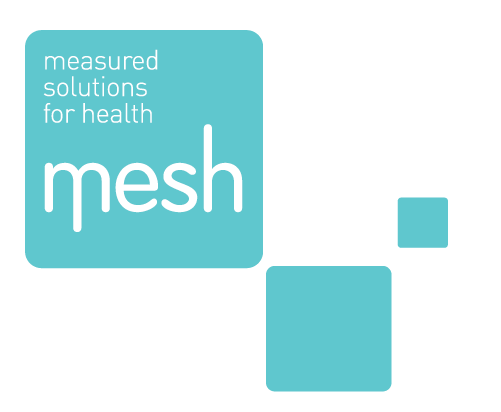The flu-iiQTM has been serving the pharmaceutical industry since 2008 – providing the US Food and Drug Administration (FDA) and other national regulatory agencies with critical data on the effectiveness of new and existing influenza products.

The development of Patient Reported Outcome Measures (PROMs)
Traditionally, the effectiveness of clinical trials was assessed by measuring the presence or absence of disease (or survival of affected individuals). A patient's perspective on how a treatment had impacted their quality of life was not recorded and did not form part of the clinical trial evaluation process.
Patient Reported Outcome Measures (PROMs) were developed to address this deficiency. These questionnaires allowed patients to provide their own assessment of their symptoms and health status, enabling a more complete picture of the therapeutic efficacy of new agents.
Much early work in this field was undertaken in oncology, where the application of PROMs revealed that some drug treatments - while increasing a patient's length of life - produced side effects so severe that there was little net gain from the patient’s perspective.
Since then, PROMs have risen to prominence as a way of capturing patient perspectives not only on the side effects of new agents, but their impact on subjective aspects of life and treatment outcomes. In many cases they are now required by regulatory authorities such as the US Food and Drug Administration (FDA) and their counterparts in other countries.
While some investigational drugs might not reduce influenza onset or overall duration, they may improve quality of life - or the ability to participate in everyday activities. The RiiQTM and flu-iiQTM enable these data to be collected in clinical trials.

Development and validation of the flu-iiQTM
The flu-iiQ™ was developed to address limitations of an earlier questionnaire (also developed by Osborne), the Influenza Symptom Scale (ISS) and the Influenza Intensity Wellbeing Scale (IIWS). Although this questionnaire contributed to the understanding of the effectiveness of, and subsequent approval of oseltamivir (Tamiflu) and other antiviral drugs and vaccines - it assessed a limited range of outcomes and needed redevelopment for the modern vaccine and pharmaceutical clinical trial and regulatory setting.
The flu-iiQ™ is a sensitive, multidimensional PROM that evaluates the potential patient-centered benefits of new influenza treatments, including vaccines and anti-viral drugs. It was developed with input from:
Specialist psychometricians
Expert clinicians
Clinical trialists
In-depth consultations with patients with confirmed influenza
After being created it was validity tested across 25 sites in the United States. The rigorous procedure used to develop and validity test the flu-iiQ™ was published in the prestigious international scientific journal Value in Health in 2011.
1 Osborne RH, Norquist JM, Mehta V, Elsworth GE, Busija L, V Mehta, T Herring, Gupta S. Development and validation of the intensity and impact of influenza questionnaire (Flu-iiQ), Value in Health. 2011, 14: 687-699
Development and validation of the flu-iiQTM
The RiiQ™ was developed by MESH in 2016 in partnership with Janssen for PRO measurement of a broader range of respiratory infections, including Respiratory Syncytial Virus (RSV). Rather than build a new PRO de novo, which often takes years, the RiiQ™ was developed using FDA guidance on adaptation of the existing flu-iiQ™. The clinical symptoms of influenza, RSV and other respiratory infections are similar, so research was undertaken to determine how the flu-iiQ™ could be improved to address this wider disease group. Validity testing studies were carried out over several years and the results were published in June 2023 in the Journal of Patient Reported Outcomes. We are now able to provide the pharmaceutical industry with an evidence based PRO for immediate application, in over 50 languages, for respiratory disease studies.
Widely used in submissions to the FDA and other national regulatory agencies, our PROMs provide efficient evaluations of the patient-centred benefits of new vaccines and treatments for a wide range of respiratory infections.


